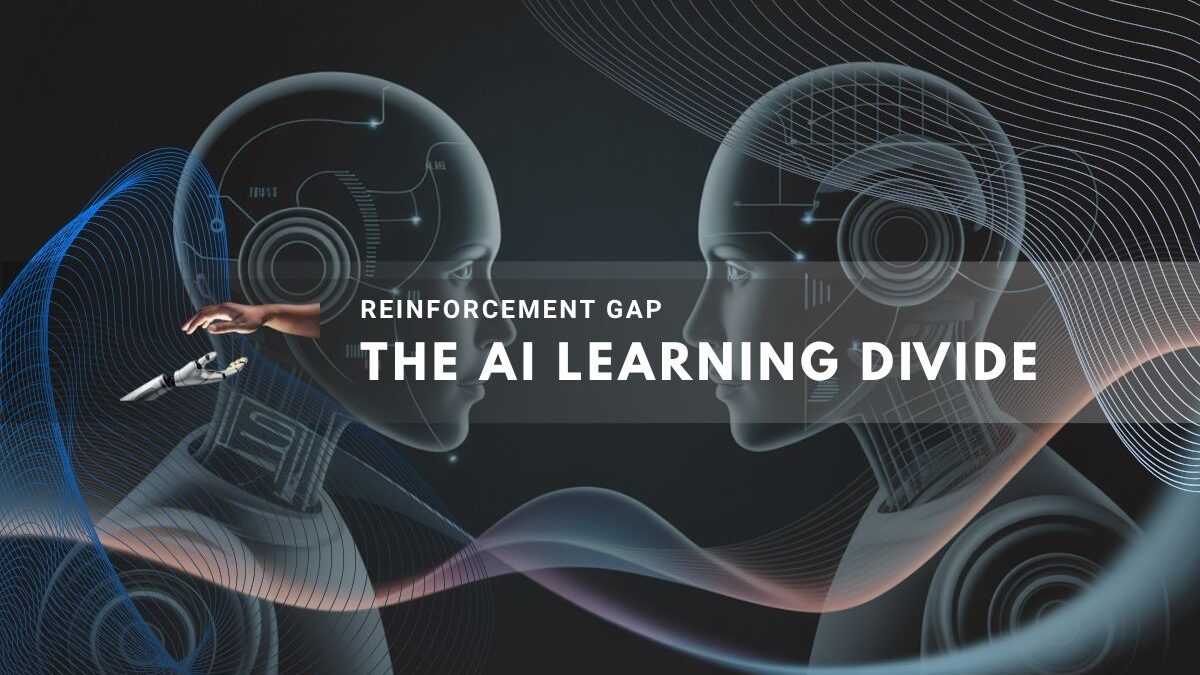AI coding tools have advanced significantly by October 12, 2025, driven by reinforcement learning, which allows large-scale, automated testing to improve software development. However, AI progress in subjective tasks like writing remains slower because these skills lack clear automated evaluation. This gap in training approaches is shaping the capabilities of AI systems and their impact on industries and the economy.
Reinforcement Learning Drives AI
Reinforcement learning (RL) is a key factor in recent AI advancements, especially in coding. It uses repeated tests with clear success criteria to train AI models effectively, which explains faster improvements in measurable tasks. [1]
Systematic Testing Enables Progress
Software development benefits from existing unit, integration, and security tests that provide repeatable measures for AI validation. These tests allow AI coding tools to be trained efficiently using RL with minimal human supervision. [2]
Varying Rates of AI Improvement
Tasks such as bug fixing and mathematical problem solving are advancing rapidly due to their compatibility with automated evaluation. In contrast, skills requiring subjective judgment, including email writing or chatbot replies, improve gradually because they lack straightforward testing metrics. [3] [8]
Some complex processes once deemed difficult to automate may become testable with sufficient investment and innovation, potentially bridging the gap in the future. Recent AI models, like OpenAI’s Sora 2 for video generation, illustrate this by enforcing physical consistency and stable object representation through RL-based testing. [4] [7]
Areas of Reinforcement Learning Impact
The extent to which an AI task is testable influences its potential for automation. This list highlights examples of RL-friendly and challenging AI domains as of October 2025. [5] [6]
- Software coding benefits from extensive automated tests
- Bug fixing tasks have measurable success rates
- Mathematical problem solving suits reinforcement training
- Email composition lacks clear pass-fail criteria
- Chatbot responses remain subjective and complex
- Financial reporting may be testable with startup innovation
- AI-generated video improved by physics-consistent models
- Healthcare automation depends on RL trainability assessments
The reinforcement gap will influence which professions and industries experience rapid automation. Startups focusing on testable AI tasks are likely to lead market success. Monitoring this trend is essential for anticipating workforce and economic changes ahead.
